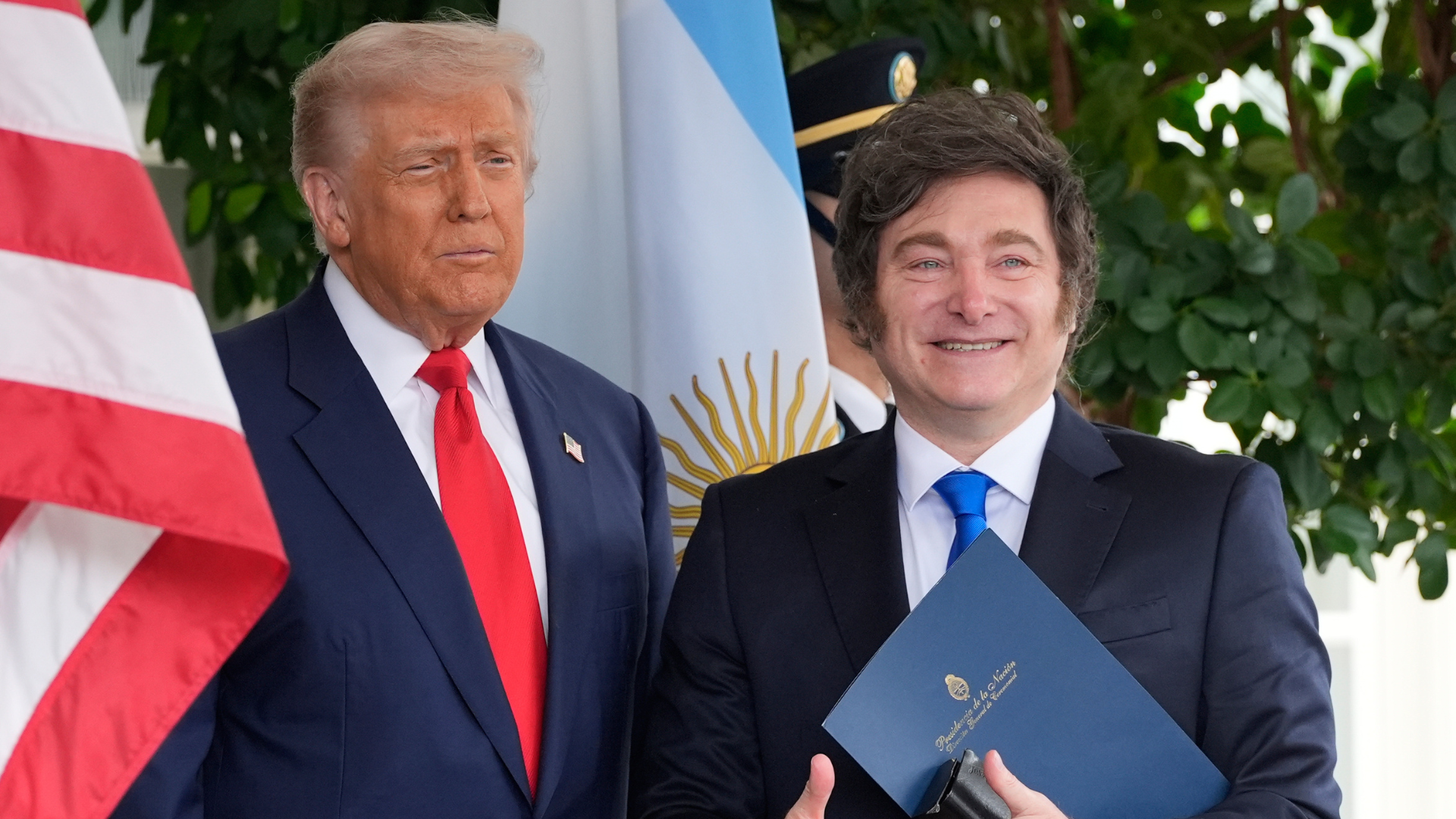By: Jacob Rabin
For better or for worse, the early days of President Trump’s second term have consisted of an intense shakeup of the United States’ foreign policy priorities. Although some of the administration’s measures are still pending legal challenges, widespread actions including vast trade deals, foreign aid cuts, and tariffs have rattled the international status quo.
Trump has sought to claw back at least $8 billion previously allotted for foreign aid. He also blocked another $4.9 billion in aid approved by Congress already. His administration has claimed to have reached trade deals with dozens of countries, although the number of finalized agreements likely remains in the single digits. Trump has imposed some level of tariffs on nearly all nations, although it has been tough to decipher exactly how many countries are affected and at what level. Either way, he has moved beyond the handful of trade disputes typical of recent administrations and instead initiated a near-global tariff regime.
The most fascinating parts of Trump’s decisions are the actions directed at our long term allies, namely Canada and the United Kingdom. Canada alone accounts for roughly $762 billion in annual trade with the United States, including nearly $350 billion in American exports and $28 billion in agricultural goods. The United Kingdom absorbs about $85 billion in U.S. exports each year. Yet, both countries, who have long been integral security and economic partners, have been publicly scolded for unfair trade and subjected to new tariff frameworks. Trump’s complex web of tariffs on British and Canadian goods, among others, has already raised prices for key sectors of the economy like aluminum, autos, and machinery.
But amidst these widespread changes, one nation has been on the receiving end of American generosity and aid: Argentina. On October 9th, the U.S. announced an agreement with Argentina to provide a $20 billion currency swap lifeline to Argentina to prevent a collapse of the peso, which would have triggered widespread economic distress. This investment was followed just a few days later by another $20 billion, reportedly focused on the debt market. This move was catalyzed by the Trump administration but is to be funded by private actors and sovereign funds. Additionally, in July the Trump administration announced they were working on a plan to reinstate visa-free travel for Argentine passport holders, a strong diplomatic gesture.
All of this for what? Just $16.5 billion in exports? When compared to the $350 billion in goods sent to Canada, it is clear that these are not economic decisions; they are ideological ones. Trump has called Argentina’s conservative leader, Javier Milei, his “favorite president” and the timing of the aforementioned financial bailout, just days before Argentina’s October 26 legislative elections, was unmistakable. The goal of these actions was immediately clear. Trump wanted to prop up Milei’s conservative party rather than risk losing ground to the left-leaning Peronist opposition movement.
This aid has come at the expense of Americans, many of whom have been longtime supporters of Trump. The beef industry has been hit particularly hard. Senator Fischer, a Republican from Nebraska who has supported Trump on nearly everything urged the administration to prioritize America’s ranchers. She warned, warned that Trump's policies are not “the way” to address rising beef prices; she asserts that government intervention in the beef market will hurt cattle ranchers and urges the Trump administration to “focus on trade deals that benefit [American] [agricultural] producers” rather than “imports that will do more harm than good.” Justin Tupper, the President of the United States Cattlemen's Association went further, saying, “A deal of this magnitude with Argentina would undercut the very foundation of our cattle industry.”
Other Republicans were critical, or at the very least skeptical. Josh Hawley, a Republican senator from Missouri said, “My intuitive response to bailouts in general, whether talking about bank executives or foreign countries, is to be very skeptical.” In fact, 48% of Trump voters expressed disapproval of the net $40 billion package for Argentina.
Trump’s foreign policy decisions make little sense currently, but this isn’t a new revelation. People far smarter than me have been making this argument since day one. However, we must continue to ask why. Americans deserve to know why their government is underwriting the success of a foreign leader while farmers and manufacturers at home face rising costs and shrinking markets. Asking that question isn’t disloyal—it’s patriotic. In the end, holding our government accountable is far more American than bailing out a far-right ruler half a world away.

